
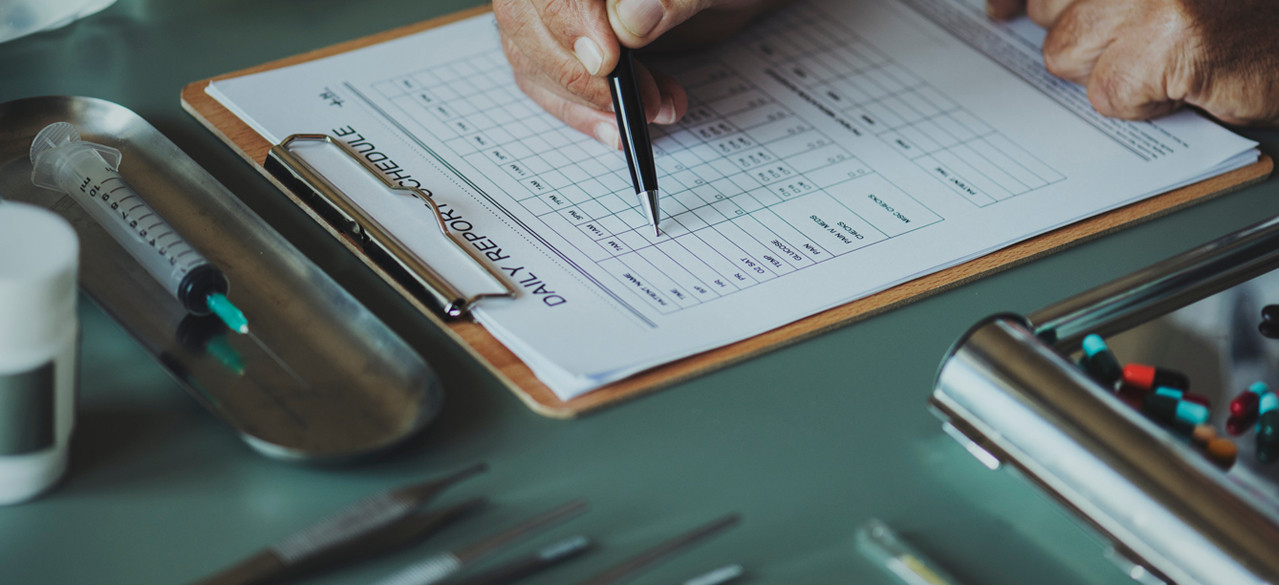
Top 8 Must-Have Medicines While on Any Trip
24 Jul 2017 by Olga Brighton
Minor ailments that are easily addressed at home, can be distressing and a real hassle if you are abroad and unfamiliar with what medication is available and where to get it. It can be one of the most annoying and bothersome things that can spoil an otherwise perfect trip if someone falls ill with a minor ailment that becomes a major headache because you can’t get hold of the right medication.
The best thing you can do is be prepared with your own stock of must-have medicines for travel that you know are effective, so you are ready when the inevitable happens. It will save you no end of hassle and give you peace of mind and could even avoid an otherwise ruined trip.
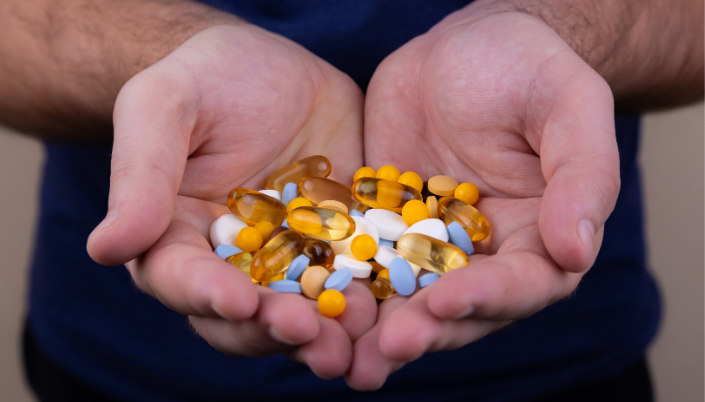
Needless to say, travelling with a stock of medication won’t replace the necessity of having a good travel insurance policy to take care of expenses and repatriation costs if there is a serious illness or injury. Having Annual Multi Trip Travel Insurance or Single Trip Travel Insurance could save you a fortune if something goes wrong, because medical treatment overseas does not usually come cheap. Don’t forget to carry proof of your travel insurance wherever you go.
The NHS recommends that you take a travel health kit that includes basic medicines. Also, visit the Foreign & Commonwealth (FCO) website for health and safety advice while abroad.
Have a hassle-free trip by taking these essentials, which will save you time, money and a lot of stress and discomfort:
1. Your Prescription Medication
Always ensure you enough of any prescribed medication that you usually take. Sourcing a replacement of the exact dosage that suits you could be a really nightmare, and you will probably need to arrange a doctors’ visit too in order to get it. You should carry at least two days’ worth in your hand luggage in case you baggage goes missing. It’s wise to carry a copy of the prescription too in case you do need to get it replaced. It will save time and be your surest means of getting the right alternative medication.
- Check and double check that you have packed any severe allergy medication that you may require. This could be a life saver.
- Special prescriptions specific to the trip
Always check well in advance of the trip whether your chosen location requires any special medication that requires a course to start before you get there – such as malaria tablets.
2. Pain or Fever Medication (Ibuprofen, Acetaminophen, or Aspirin)
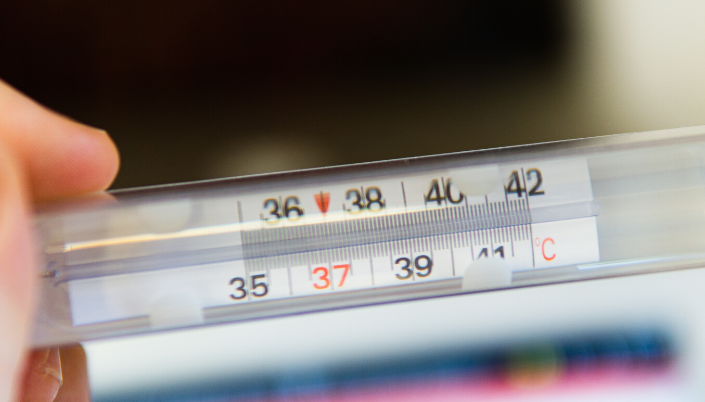
One of the most common ailments while on the road is headache or fever. One of the most versatile medicines that you can have in your kit is pain reliever. This will also help if you suffer a minor injury such as a minor fall or bruising.
3. Cough Suppressant or Expectorant
A change in weather conditions and swimming in chilly waters can help bring onchesty coughs. It’s worth carrying a cough suppressant and an expectorant, to help alleviate the syptoms.
Read also: The Real Price of Hospital Beds Abroad
4. Antidiarrheal Medicines (Loperamide)
Diarrhea is very common while traveling, so it is an absolute must to bring antidiarrheal medicines with you wherever you go. You should also bring packets of oral rehydration salts for dehydration caused by diarrhea, which will help you get back on your feet quicker.
5. Indigestion Relief - Antacids
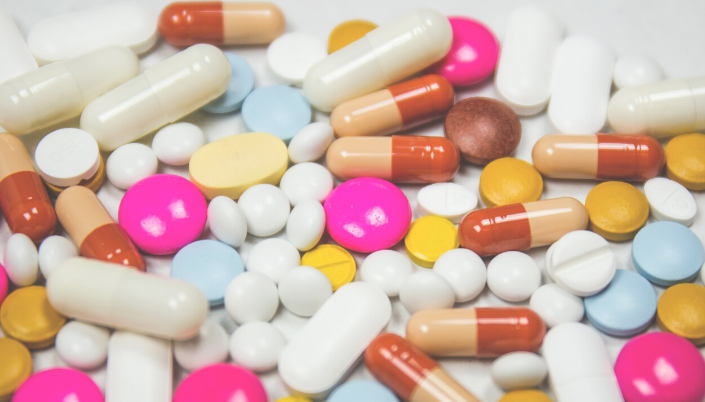
Antacids will help relieve heartburn and indigestion. We love to sample all the food and drink while we are travelling, and this sudden change in diet may cause indigestion in some cases. Antacids will relieve this discomfort, so you can get on and enjoy your trip.
6 Travel sickness tablets - Meclizine
Meclizine is a used to treat motion sickness. If you experience nausea, dizziness, or vomiting while traveling, this is the good option, or as your pharmacy at home which they recommend.
7. Allergy and Insect Bite Relief - Antihistamines
Antihistamines should be part of any medical travel kit. Changes in the natural habitat around you can readily bring on allergy symptoms that you may not have expected. Antihistamines will treat common allergy symptoms such as sneezing, watery eyes, and a runny nose. They can also alleviate itching after the inevitable mosquito bites. There are several over-the-counter brands available such as Zyrtec, Benadryl, Allegra, and Claritin.
8. Antiseptics
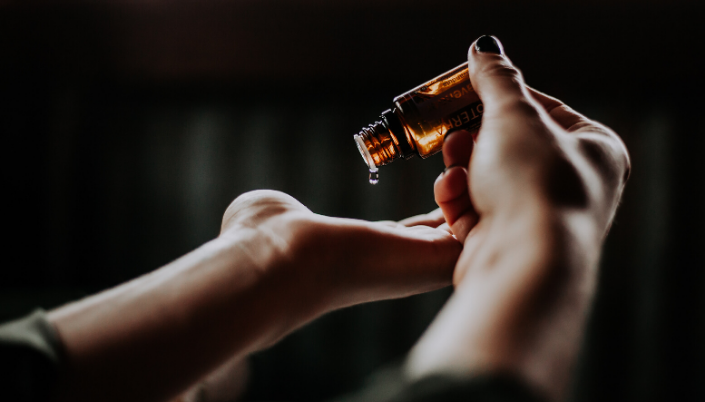
Essential for any minor cuts or scratches. They act as disinfectants, preventing the growth of undesired micro-organisms.
Aside from these medications, your medical health kit should also include plasters, gauze and bandages, cotton balls, sunscreen and aloe gels, insect repellents, and antibacterial wipes.
Remember – if your symptoms persist or become worse, you should seek professional medical advice.
Read also: 5 First-aid Tips for Travelling
We accept


